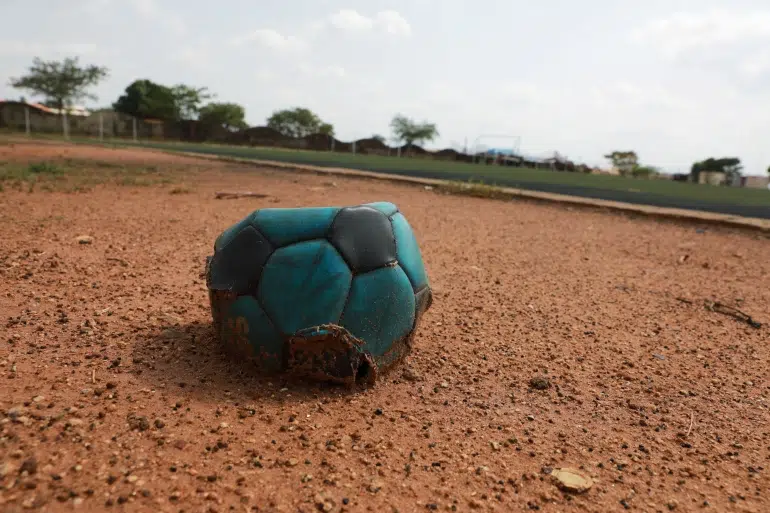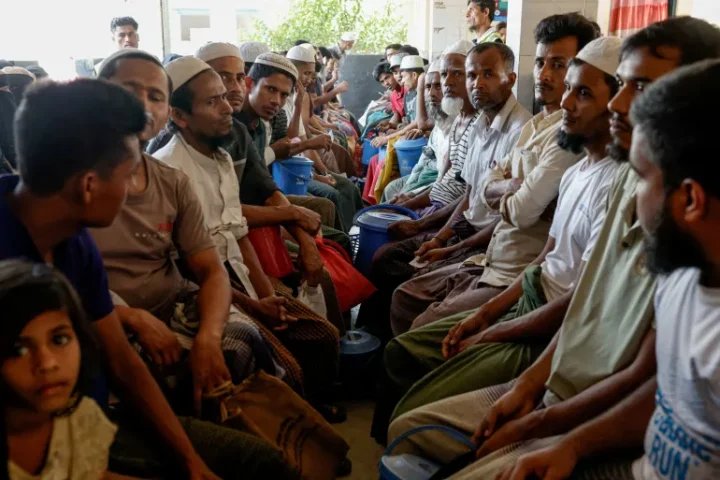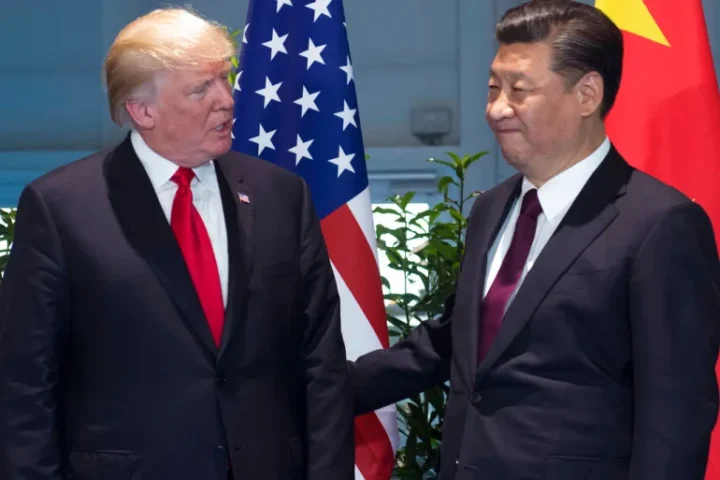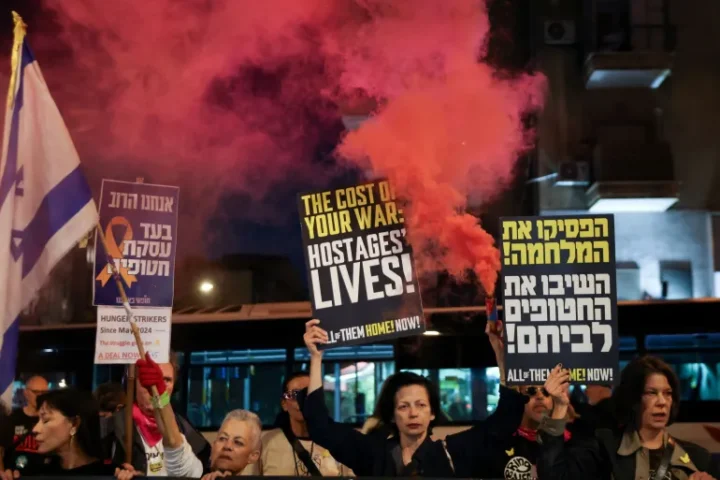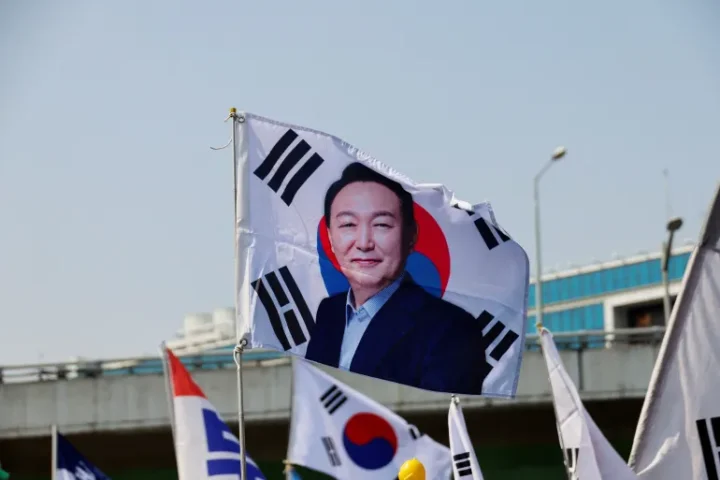Colombian food vendor William Abella had been counting on the Qatar World Cup 2022 as an opportunity to offset his losses from long COVID-19 lockdowns.
When the national team plays, his small corner shop and snack bar in central Bogota usually turns into a sea of yellow. Football fans wearing the team’s official shirt gather to drink and chat, lifting beer sales by up to 80 percent.
But like many small traders in footballing countries that unexpectedly failed to qualify, his hopes for bumper business from fans cheering on their side have been dashed.
“With Colombia out of the World Cup, I’m expecting my beer sales to decrease by about half,” said 65-year-old Abella.
The World Cup, which kicks off in November, is big business, generating billions of dollars in consumer spending in tourism, food and drink, merchandise and more.
But as businesses across the world gear up to cash in, developing countries known for their football prowess – yet which failed to qualify – are counting their losses.
From street vendors in Colombia to shopkeepers in Algeria and owners of football viewing halls in Nigeria, small businesses and informal workers who rely on cash-in-hand earnings during football matches fear a big decline in income.
In north Bogota, street vendor Roberto Teyes sold and traded stickers for the Panini football album during the last World Cup, hosted by Russia in 2018.
“There’ll be less interest in collecting stickers as the Colombian team won’t be in the album,” said Teyes, adding he earned up to $130 daily in sticker sales. “I’d hoped for a good end to the year. I really needed it after COVID.”
Merchants association Fenalco estimated the team missing out on the World Cup would result in economic losses of about $810m, mainly due to effects on merchandise sellers, bars, cafés, and travel agencies.
“Colombia’s elimination from the World Cup brings serious consequences for the country’s commerce and tourism,” said Fenalco President Jaime Alberto Cabal.
In the 2018 World Cup, when Colombia reached the last-16, Fenalco members reported a nearly 40 percent rise in beer sales, 20 percent in spirits, 19 percent in TV screens and 12 percent in soft drinks.

